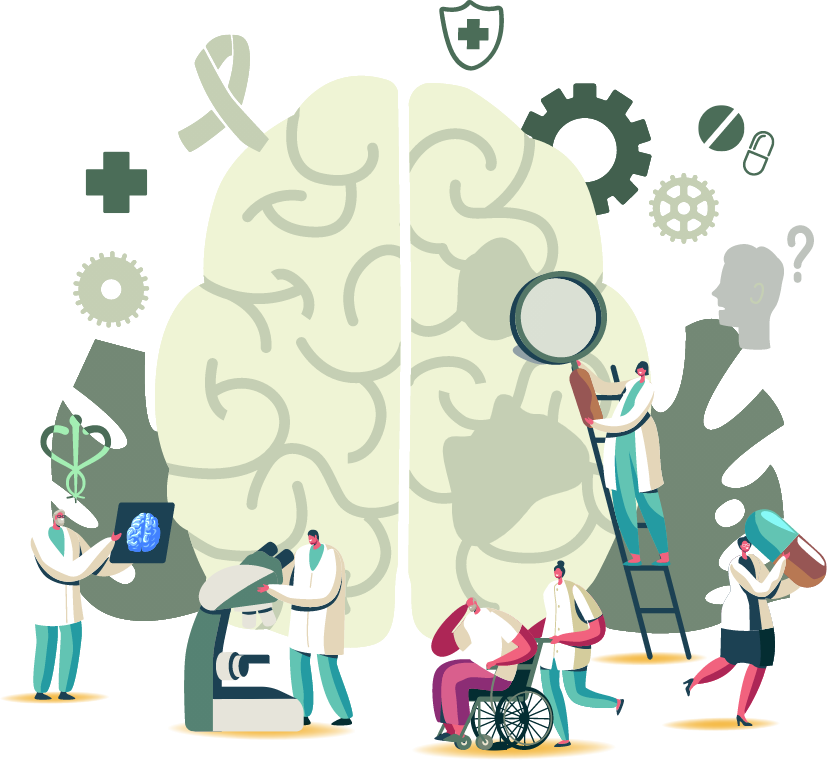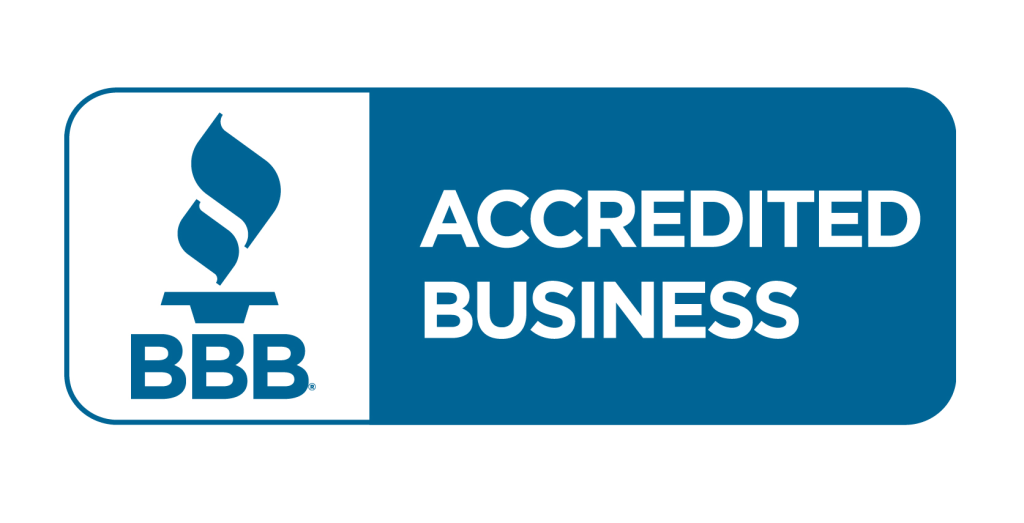Home » Conditions » Cannabis for Huntington’s Disease
Cannabis for Huntington’s Disease

Some diseases are genetic and passed on from parent to child, and Huntington’s disease is one such ailment.
George Huntington gets the credit for discovering the condition because he described the disease in 1872, but Charles Oscar Waters initially mentioned it in a medical journal in 1842.
Since Water’s initial discovery, Huntington’s disease received subsequent mentions until Huntington’s thorough description of the condition.
The cause of Huntington’s disease is a gene defect that affects parts of the brain, gradually damaging the brain’s nerves over time. This disease is fatal, has no cure, and most of the medications that provide relief for the symptoms are known to have side effects.
Although there’s no cure for the condition, consuming cannabis for Huntington’s disease is known to offer some relief for the symptoms.
What is Huntington’s Disease?
Huntington’s disease, or Huntington’s chorea, is a neurodegenerative disease, a condition that stops brain parts from functioning correctly, progressively affecting the patient’s physical and mental function.
The disease happens when there’s a gene mutation causing toxic proteins to collect in the brain and cause irreparable damage to the brain.
Huntington’s disease is a progressive condition, meaning that the symptoms worsen with time until the patient’s death. The average decline period of people affected by Huntington’s disease is usually between 10-20 years from the onset of the symptoms until, unfortunately, death.
The condition is a rare genetic disorder. If a parent has a defective Huntingtin gene, each of their children has a 50/50 chance of inheriting the faulty gene.
Occasionally, it is possible to develop Huntington’s disease without a history of the disease in your family. Though this mainly occurs because a parent wasn’t previously diagnosed.
So far, about 30,000 Americans currently have the disease, and it will likely affect over 200,000 Americans in the coming years.
What Are the Symptoms of Huntington’s Disease?
First, people with the defective Huntingtin gene usually start experiencing the symptoms of Huntington’s disease between 30 to 50 years of age. However, in some people, it begins much earlier or later.
In cases where the patient develops symptoms before age 20, the disease is referred to as “juvenile Huntington’s.” The condition may also progress faster for those with symptoms at an earlier age.
The disease’s symptoms affect the body’s physical, cognitive, and psychological functions, making it harder to think, walk, swallow, reason, or talk.
The symptoms that appear first vary from person to person. However, in 50% of cases, a decline in mental ability occurs first, while a loss of physical ability begins for others.
What Are the Physical Symptoms?
The physical symptoms of Huntington’s disease affect a person’s involuntary or voluntary movements, and they include the following:
- Difficulty with speech and swallowing
- Involuntary jerking movements
- Muscle issues, including dystonia, which causes rigidity or muscle contractions,
- Poor gait and problems with posture and balance
- Unusual eye movements
These symptoms affect the patient’s ability to function normally. It causes patients difficulties in controlling their voluntary movements.
What are the Cognitive Symptoms of Huntington’s Disease?
Cognitive symptoms of Huntington’s disease often include:
- A sudden loss of self-control, which can lead to angry outbursts, sexual promiscuity, or lack of discipline.
- Having difficulty focusing or prioritizing tasks.
- Inability to learn new skills
- Inability to think clearly
- Poor thought procession
- Reduced behavioral awareness
What Are the Emotional Symptoms?
Depression is the most common psychological symptom of Huntington’s disease. The patient’s depression occurs because of brain damage and the inability of the brain to function correctly.
Other emotional symptoms of the disease besides depression can include:
- Apathy
- Bipolar disorder
- Fatigue
- Insomnia
- Irritability
- Mania
- Obsessive-compulsive disorder
- Sadness
- Social Withdrawal
- Suicidal or frequent thoughts about death
The child or adolescent may have additional or slightly different symptoms with Juvenile Huntington’s disease. The symptoms of Juvenile Huntington’s include:
- Absent-mindedness and a decline in academic or physical skills
- A drop in school performance and grades
- Sudden behavioral issues like stubbornness
- A decline in cognitive skills such as handwriting.
- Involuntary physical tremors and seizures
What Does the Progression of Huntington’s Disease Look Like?
Because of its progressive nature, patients with Huntington’s disease slowly lose the ability to function independently. In the late stage of the disease, patients cannot speak, move, or perform mental tasks.
The progression of the symptoms usually follows an early, middle, and late stage, with an earlier dormant stage before symptoms appear.
Early Stages
The early stages are characterized by subtle changes that occur during the onset of the disease. The patient may experience symptoms such as
- Depression, which includes moodiness, a lack of interest in things, and hopelessness.
- Having difficulty concentrating
- Memory lapses
- Reduced stamina and increased clumsiness.
- Sudden mood swings, irritability, or aggression
Middle Stages
In the middle stage, the physical symptoms usually worsen. The patient may start experiencing difficulties swallowing, handling regular activities, and losing speech. During this stage of progression, professionals may become involved in caring for the patient.
Late Stages
Over time, the disease progresses, making the patient incapable of handling daily activities. The person cannot walk, talk, or perform any mental action. At this stage, the patient is being cared for by medical professionals.
Is Cannabis a Treatment for Huntington’s Disease?
Currently, there’s no cure for Huntington’s disease. The treatments available only help reduce the effects of the symptoms for the patient.
However, most treatment options available for managing Huntington’s disease symptoms create potential side effects for the patient.
But can cannabis help with Huntington’s?
Research on cannabis and Huntington’s shows that patients who use cannabis for Huntington’s disease report relief from the symptoms with fewer side effects.
The effects of using cannabis for Huntington’s disease, which include drowsiness, appetite stimulation, and a high feeling, are beneficial to people with Huntington’s disease.
So, if you’re wondering, can cannabis help with Huntington’s? The answer is yes.
Using cannabis can help with the symptoms. But regardless of the positive effects of cannabis on the symptoms, cannabis is not a cure for Huntington’s disease.
How Does Cannabis Help Huntington’s Symptoms?
Cannabidiol, or CBD, is a component found in marijuana and is widely believed to be responsible for some of the beneficial effects of marijuana.
The effects of medical marijuana on stress, mood, and pain are well known.
A study on the benefits of cannabis on patients with Huntington’s disease showed an improvement in the symptoms and a reduced progression of the disease.
This is because the neuroprotective properties found in CBD reduce the deterioration of neurons in the brain and spinal cord when it combines with the brain’s receptors. Also, THCA, found in medical marijuana, can reduce inflammation and oxidative stress.
Reports from most people who use cannabis on some of the symptoms of Huntington’s disease show that marijuana relieves them.
How Do You Consume Cannabis for Huntington’s Disease?
The connection between cannabis and Huntington’s is likely because most of the symptoms of the disease are connected to the body’s endocannabinoid system, which responds to the cannabinoids found in marijuana.
Medical marijuana comes in different strains and affects the body depending on the strength and type of strain used.
The two dominant types of marijuana are Indica and Sativa. Both strains treat different symptoms of the disease effectively.
While the Sativa dominant strains are energizing, the Indica dominant strains possess a sedative, relaxing effect, which is beneficial for patients whose reaction is insomnia.
Consumption of cannabis for Huntington’s varies according to preference or as the medical professional advises.
However, the most common methods of usage include:
- Smoking: This produces immediate relief from the symptoms.
- Vaping: Vaping is an excellent alternative to the traditional smoking method.
- Edibles: Although edibles take longer to take effect, they also provide longer-lasting relief. Patients in the early stages of the disease may enjoy cannabis-infused edibles.
- Topical: Applying marijuana, especially CBD oil, to muscles in pain relieves the pain.
Can You Get a Medical Card for Huntington’s Disease?
In some states, yes: Huntington’s disease is a qualifying medical condition.
The symptoms of Huntington’s disease are excruciating, and for now, it’s not curable. Yet, relief from these symptoms can help you live a decent and even prolonged life.
Understanding this disease and connecting the dots with cannabis begs questions like what is Huntington’s and can cannabis help with Huntington’s?
This article is proof that marijuana can relieve the disease’s symptoms. However, using medical marijuana requires that you be a licensed cardholder and have a qualifying medical condition.
At Elevate Holistics, our mission is to help patients access medical marijuana to find relief from their illnesses.
Our team of qualified medical marijuana professionals can help you obtain your medical marijuana card for Huntington’s disease and other qualifying conditions.



